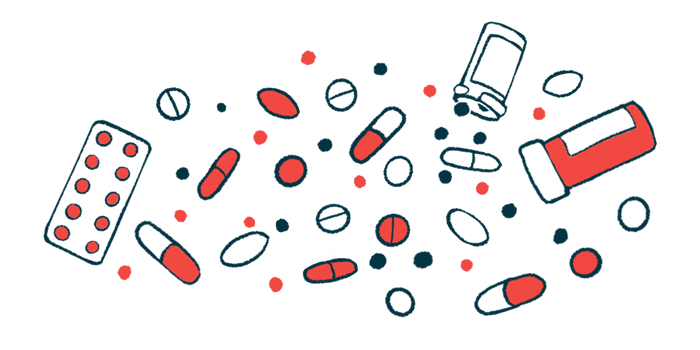Oral preventive treatment Orladeyo available in Italy to prevent swelling
Drug's approvals were boosted on strength of Phase 3 APeX-2 study

Orladeyo (berotralstat), an oral therapy for preventing swelling attacks in adults and adolescents with hereditary angioedema (HAE), is now available in Italy.
The Italian Medicines Agency (Agenzia Italiana del Farmaco, AIFA), has finalized reimbursement and is recommending Orladeyo as a routine prophylactic (preventive) treatment for people with HAE, ages 12 and older, according to BioCryst Pharmaceuticals, the therapy’s developer. No further details were provided about the reimbursement arrangement.
“The positive AIFA recommendation of Orladeyo (berotralstat) broadens access to modern prophylaxis in Italy and is great news for Italian clinicians and HAE patients,” Charlie Gayer, chief commercial officer of BioCryst said in a company press release.
HAE is a genetic disorder marked by swelling attacks driven by the overproduction of bradykinin, a signaling molecule. Orladeyo lowers bradykinin levels by blocking the activity of an enzyme that helps produce it.
Approvals for Orladeyo
Orladeyo has been approved in the European Union since 2021 as a preventive treatment, or prophylactic, to reduce the frequency of HAE attacks. It’s also authorized for the same indication in the U.S. and other countries.
Orladeyo’s approvals have been supported largely by data from the Phase 3 clinical trial APeX-2 (NCT03485911), which enrolled 121 people with HAE. The trial’s first part, which tested Orladeyo against a placebo for about six months, showed that patients given Orladeyo had significantly lower rates of swelling attacks and better quality of life.
Swelling attack rates remained low for up to two years with Orladeyo, long-term trial data indicated, and analyses from APeX-2 and other trials suggested that patients who switched to Orladeyo from previous injectable medications tended to report greater satisfaction with it.
Consistent with data from clinical trials, analyses of real-world data from the U.S. presented earlier this year indicated Orladeyo could keep swelling attack rates low when used long term, regardless of disease severity or the use of previous preventive treatments.
BioCryst is conducting another Phase 3 clinical trial called APeX-P (NCT05453968) to test Orladeyo in up to 30 children with HAE, ages 2-11. Its main goal is to assess its safety and pharmacological properties in young children to establish an appropriate dosing regimen for pediatric patients.







